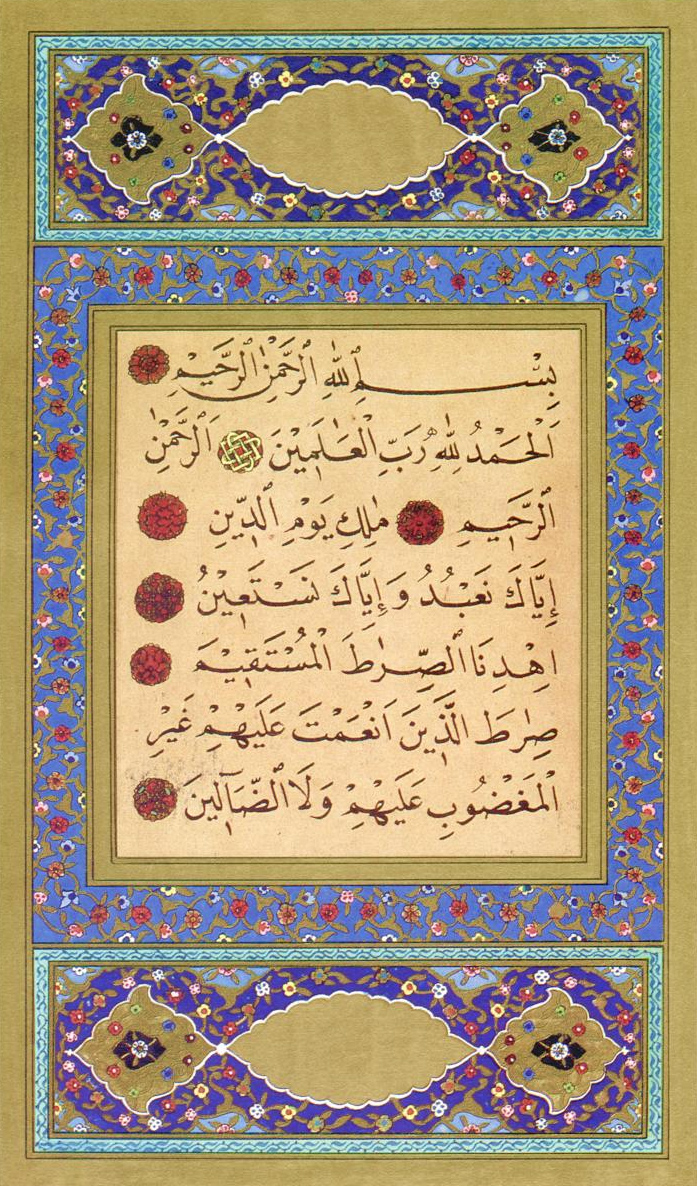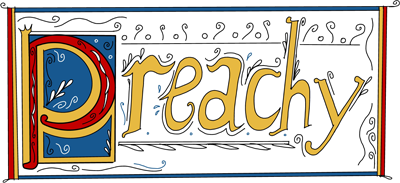
Language as Salvation
 There is a part in Khaled Hosseini’s A Thousand Splendid Suns where Mullah Faizullah, an aged Islamic cleric, teaches a very young Mariam to read the Qur’an.
There is a part in Khaled Hosseini’s A Thousand Splendid Suns where Mullah Faizullah, an aged Islamic cleric, teaches a very young Mariam to read the Qur’an.
The book itself is a devastating chorus of tragedies, lost loves and war in Afghanistan. I still consider it to be one of the best things ever written. But there are moments of priceless beauty, too, especially where Hosseini writes about Muslim experiences with an insight that only his own identity as a Muslim could have afforded him. It is for this reason that I hold it so dear.
In the part where Mullah Faizullah teaches Mariam to recite the Qur’an, his fingers are described as long, bony and fragile. This reminds me of my great uncles back in the village, stretching their hands over my head as I kneel in greeting to them. Their fingers over my head feel like dry twigs, but also like love.
The cleric is admitting to little Mariam that he does not in fact know the meaning of the words he’s teaching her. He liked the enchanting sounds of the Arabic words as they rolled off his tongue, he said. They comfort him, ease his heart. “They will comfort you too, Mariam jo,” he promised. “You can summon them in your time of need, and they won’t fail you.” It strikes me now, all these years later, that perhaps Meaning is not the thing that is lost, perhaps translation is the thing that is lost. Meaning can transcend words and walls, it can be spiritual, bodily, lifelong and enduring. Translation, on the other hand, is merely a portal, sometimes a weak and limiting one.
When I was five, my mornings were devoted to learning at the feet of my father after the Fajr prayer. I would sit in front of him, legs folded on his prayer mat, as he counted his Tasbeeh in prayer, his lips moving rapidly, his Adam’s apple bobbing. And he would spread a small version of the Qur’an before me, the one that only had the alphabets and short words, suited for children my age. The beginners guide.
Alif, Ba, Ta, Tha.
I recited dutifully after him, sometimes mistaking one alphabet for another, most times reciting correctly. My mother was usually nearby, immersed in her own meditation sessions. What I remember most of those lessons is the determined insistence and utmost care with which he taught me the 99 names of Allah, printed out on a paper and laminated. We did those every morning until I committed it all to memory. I can still smell that small, damp living room of ours whenever I hold a copy of the 99 names of Allah. Sometimes the scent is as real as the fact of my skin, so real I almost cannot tell that it is merely a consequence of memory.
When later I was enrolled at the nearby Islamic school, my lessons at home took a different direction. He started to teach me Islamic history, about the lives of the prophets, how the Qur’an came to be, its exegesis. Its context. I did not know it at the time, but these history classes would equip me with the meaning of the Qur’an and become my doorway towards attempts at translation.
He also began to teach me supplications and prayers. From his mouth, prayers served a role he could not always fulfill, no matter how hard he tried: They were protection. They were guidance. He taught me so many of them — what prayer to say upon waking up in the morning, which to recite when scared and seeking protection, which to say when wearing a new cloth, when passing by a graveyard, when seeking reinforcement of faith, when going to bed. He had left the teaching of the Qur’an in the hands of the Islamic school and began to focus instead on providing me with the necessary background to understand it.
Ayatul Kursiyy was the prayer to say when in need of protection, I learned. It became one of the prayers I said before sleeping every night. At that age where I was scared of darkness and nestled against my father every night trying to sleep, it was Ayatul Kursiyy that we both repeated over and over until the sleep eventually came. Or when sickness came and my body burned so much against his with a high fever, it was what he recited over me, while urging me to do the same. Sometimes he recited it over a cup of water, then sprinkled it over me. Because of these memories, the prayer also came to mean love to me. I did not know what the words meant at the time, could not have known, because it was in Arabic, a language I did not speak. But there was no mistaking the tranquility and feeling of safety with which it cloaked me. That sacred feeling, in time, constituted meaning to me as well, and now, for me, prayer is armour. I clutched at it during nights I was sure of the presence of a demon under my bed; it’s what I said when I was grown, walking down a dark lonely path and scared for my life; what I will say years later over my sister as she lay nearly unbreathing in a hospital bed after a severe asthma attack.
Later, when I began to read the translation of Ayatul Kursiyy, I found that all the words meant everything that I thought they did. The meaning and context I had been taught had led me to the interpretations that mattered. My later attempts at studying the translation of the chapters whose context and history I did not know were fruitless: The language of the Qur’an is the language of poetry and so I found that meaning was the eye into translation and not the other way round. That’s when I began to take the exegeses and history classes more seriously. Without them, I found translation useless to my spirituality.
After I had learned to fluently recite all 6,666 pages of the Qur’an and graduated from the Islamic school, I took to teaching: what the alphabets sounded like, how the words were supposed to be pronounced, and later the long sentences. But because I hadn’t strictly learned the translation, I could not pass that on to my students.
The direct translations I did learn were of Islamic textbooks in the sections of Tauheed, Fiqh, and Hadith because they were in plain language. I especially found Fiqh interesting and critical. I have always been fascinated about having first learned about how my body worked from Islam, before I learned the same from conventional school. Fiqh taught me about menstruation and sex, about my body’s possible responses to both. It taught me how to know when my menstruation had truly ceased or when it was merely taking a few hours or day’s break. Fiqh taught me about my sexuality. It was so important. But it was not Fiqh that I recited to myself when I needed a presence that was neither earthly nor possible. It was the Qur’an, whose translation I did not entirely know. And it never failed me.
Once, a non-Muslim friend asked whether I understood Arabic fluently. “Not really,” I told him. “But you read the Qur’an very well?” he asked. I said I did. He appeared confused.
In John Green’s The Fault in our Stars, after young Hazel and Augustus finally meet their writer idol Peter Van Houten, and he assails them with Swedish music while he nodded excitedly to the tune, they say quite alarmedly, “We don’t speak Swedish, sir,” to which the inebriated writer responds “Well, who the hell speaks Swedish?”
I told my friend about this part of the book, certain he would finally get it. He did not.
So here it is, just in case: I do not understand Arabic beyond the basic words, nouns and simple phrases. But I do understand the language of the Qur’an in an otherworldly manner. For a while I was unsure what that meant, if it watered down my devotion to my religion, if it made me an ignorant Muslim. But there are many Muslims around the world and not half of them were Arabs, nor did they speak Arabic. And yet they were authentic and devoted, because — while they might fail at strict translation — they excel at meaning which is obtained from authentic knowledge.
Towards the last parts of A Thousand Splendid Suns, when Mariam, after a life full of unfairness and little sparks of joy, walks down to the executioner’s block, it was words from the Qur’an that she kept muttering to herself. Her Mullah Faizullah had promised her over four decades before that she could summon the words in her time of need for comfort, and the words would not fail her. She did, as she took the last steps and breaths of her life. And while she was unsure of many things in those final moments, she found that he had been right about that.
